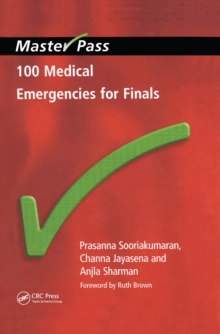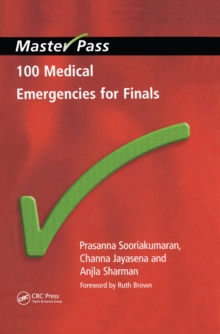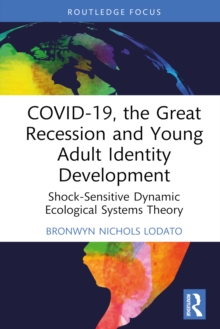
Cultural Production and the Politics of Women's Work in American Literature and Film PDF
by Polina Kroik
Part of the ISSN series
Description
Cultural Production and the Politics of Women's Work in American Literature and Film emphasizes the interrelation among women's workplace roles, modes of authorship, and processes of subject-formation, pointing to some of the reasons for the persistence of limiting gender roles and occupational hierarchies that arose during the first 60 years of the 20th century.
The book interrogates three common narratives: The rise of Fordism as a "masculine" mode of production and the transition to an era of "feminized" work; women's liberation through the sexual revolutions; and the rise of a new form of literary authorship. Conversely, it suggests that women's labor was integral to the operations of the Fordist business sphere, where, unlike at the factory, the white-collar office proletarian work was casualized and feminized. This book argues that this workplace was an important site of subject formation, affirming dominant ideologies through economic practices.
Analyzing work by Sinclair Lewis, Nella Larsen, Anita Loos, and Sylvia Plath, the book presents an alternative history of American modernism, one that is more attuned to gendered discourses of labor and class. By looking at the micropolitics of power within cultural institutions, this study moves beyond the dichotomies of exclusion/inclusion to interrogate the terms on which women and minorities worked as producers, and the ideas and experiences that consequently entered the field of intelligibility.
Information
-
Download - Immediately Available
- Format:PDF
- Pages:206 pages
- Publisher:Taylor & Francis
- Publication Date:21/01/2019
- Category:
- ISBN:9780429830402
Other Formats
- EPUB from £31.58
- Paperback / softback from £38.99
- Hardback from £130.00
Information
-
Download - Immediately Available
- Format:PDF
- Pages:206 pages
- Publisher:Taylor & Francis
- Publication Date:21/01/2019
- Category:
- ISBN:9780429830402










